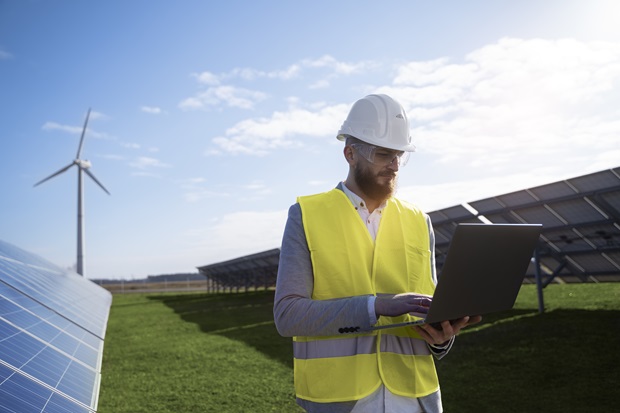As India’s new ALMM (Approved List of Module Manufacturers) regime took effect on April 1, it was time for many Chinese suppliers, who enjoyed a rush of orders from India till as late as February 2024, to evaluate future plans for the country. Module sales are likely to slump now, with almost all projects covered under the ALMM regime, which has steadfastly avoided including any foreign, forget Chinese module manufacturer so far. China-based solar Firms that had announced major orders as recently as January have rushed to deliver them to customers who will now need to prove that the modules had reached project sites, to avoid harassment by government officials.
India has joined the US, Turkey, and soon, perhaps the European Union in seeking to prevent cheaper Chinese solar equipment from overwhelming domestic manufacturers. Even now, the US is being pressured to include even Bifacial modules, which were exempted too far, in the list of imports that will face higher tariffs.
Manufacturing Abroad An Option, But With Conditions
With many of these key consuming markets targeting imports from South East Asia as well, where many Chinese module manufacturers set up plants to avoid tariff action, Chinese players face an all-new challenge. A domestic manufacturing base of almost 900 GW will need new markets to keep the plants humming. Remedies will include establishing module plants in more geographies, besides seeking to support the adoption of solar at a faster pace in more markets. What is unlikely to happen is Chinese leaders in polysilicon, wafer and cell manufacturing setting up plants abroad, as there is a growing pressure to ‘protect’ manufacturing technologies for these, unlike module manufacturing, which is closer to assembly work.
Domestic Market To Grow , Not At 2023 Pace
Supporting the massive capacities of Chinese majors is a still hot domestic market, which added close to 37 GW of new PV capacity in Jan-Feb 2024, according to the National Energy Administration. Coming after a scarcely believable 2023 when China added over 210 GW of solar capacity (a 140% jump over 2022) , expectations are more tempered for 2024. Global solar additions in 2024 are expected to be under 350 GW, pointing to the significance of the massive domestic market for Chinese makers.
Low Prices To Help
They are helped in this by some of the lowest prices ever seen in the market for high-efficiency modules. From Brazil to South Africa, to Pakistan and Argentina, Chinese firms are rushing in to back and build solar projects. According to Wang Bohua, Honorary Chairman of the China PV Industry Association, the number of gigawatt-scale markets worldwide was 32 in 2023, compared with 17 in 2021. With the push for solar in Europe as well as China’s own efforts, this number is likely to reach 53 by 2025, he believes.
A total solar export figure of $50 billion is likely to be sustained, if not grow significantly, is the view of most Industry watchers, thanks to the lower prices prevailing, that are likely to last well into 2025.
This story was first published on Saur Energy. Read the full story here.

